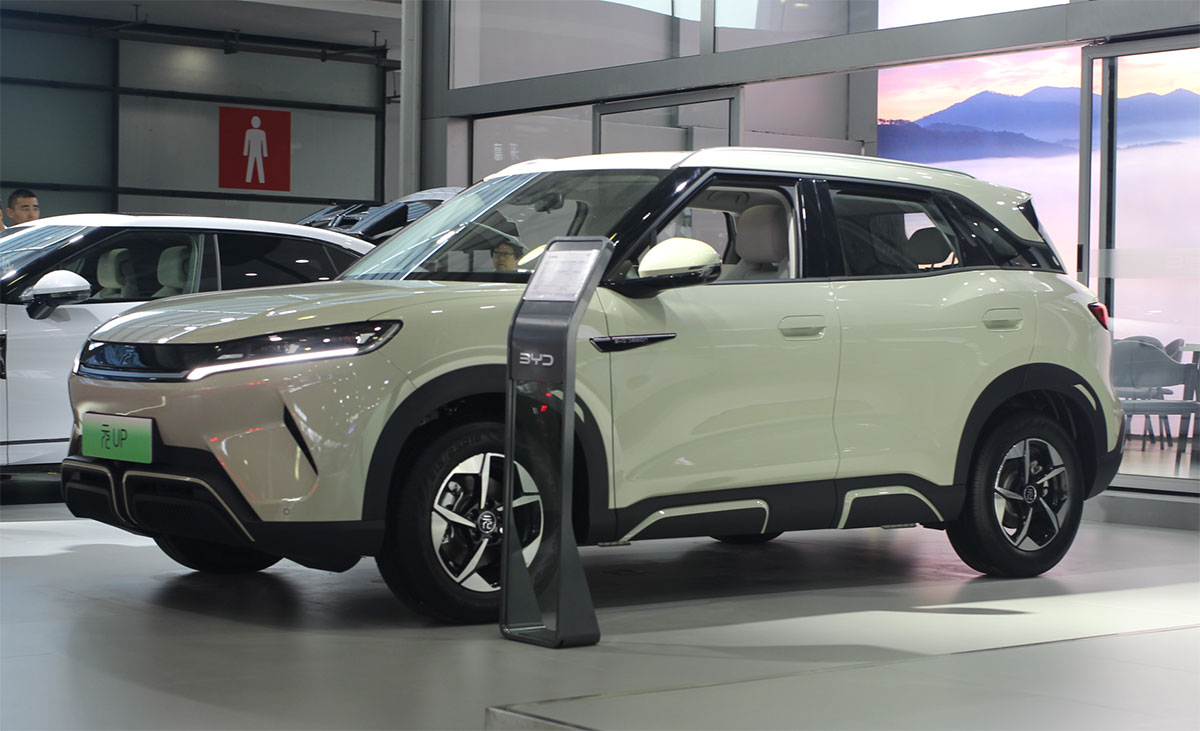China to require export licenses for pure electric cars starting next year
China will implement an export license management system for pure electric passenger vehicles, effective January 1, 2026.

- China will implement an export license management system for pure electric passenger vehicles, effective January 1, 2026.
- The move is poised to curb private BEV exports.
Beginning next year, China will require exporters of pure electric vehicles to obtain licenses to conduct such business, strengthening oversight of these models shipped overseas.
Four government departments, including the Ministry of Commerce, announced in a joint statement today that the country will implement export license management for pure electric passenger vehicles, effective January 1, 2026.
The conditions for enterprises applying for export qualifications, management methods, application procedures, and the application and issuance of export licenses will be implemented in accordance with a 2012 document.
China Customs inspections for exported pure electric passenger vehicles will be based on the current valid commodity catalog.
The document did not provide further details, but the move may curb private battery electric vehicle (BEV) exports.
In recent years, amid the rapid growth of China's new energy vehicle (NEV) industry, vehicles from some EV makers have been sold overseas through unauthorized channels. In many cases, these vehicles faced complaints due to software update limitations and inadequate after-sales services.
China exported 220,000 pure electric vehicles in August, a 48 percent year-on-year increase, accounting for 31 percent of total vehicle exports, according to data from the China Passenger Car Association (CPCA).
From January to August, China exported 1.44 million pure electric vehicles, a 27 percent year-on-year increase.
Currently, the primary export destinations for China's pure electric vehicles are EU markets, while demand in Southeast Asia and the Middle East fluctuates significantly, the CPCA said in a report earlier this month.
Disclaimer: The views in this article are from the original Creator and do not represent the views or position of Hawk Insight. The content of the article is for reference, communication and learning only, and does not constitute investment advice. If it involves copyright issues, please contact us for deletion.